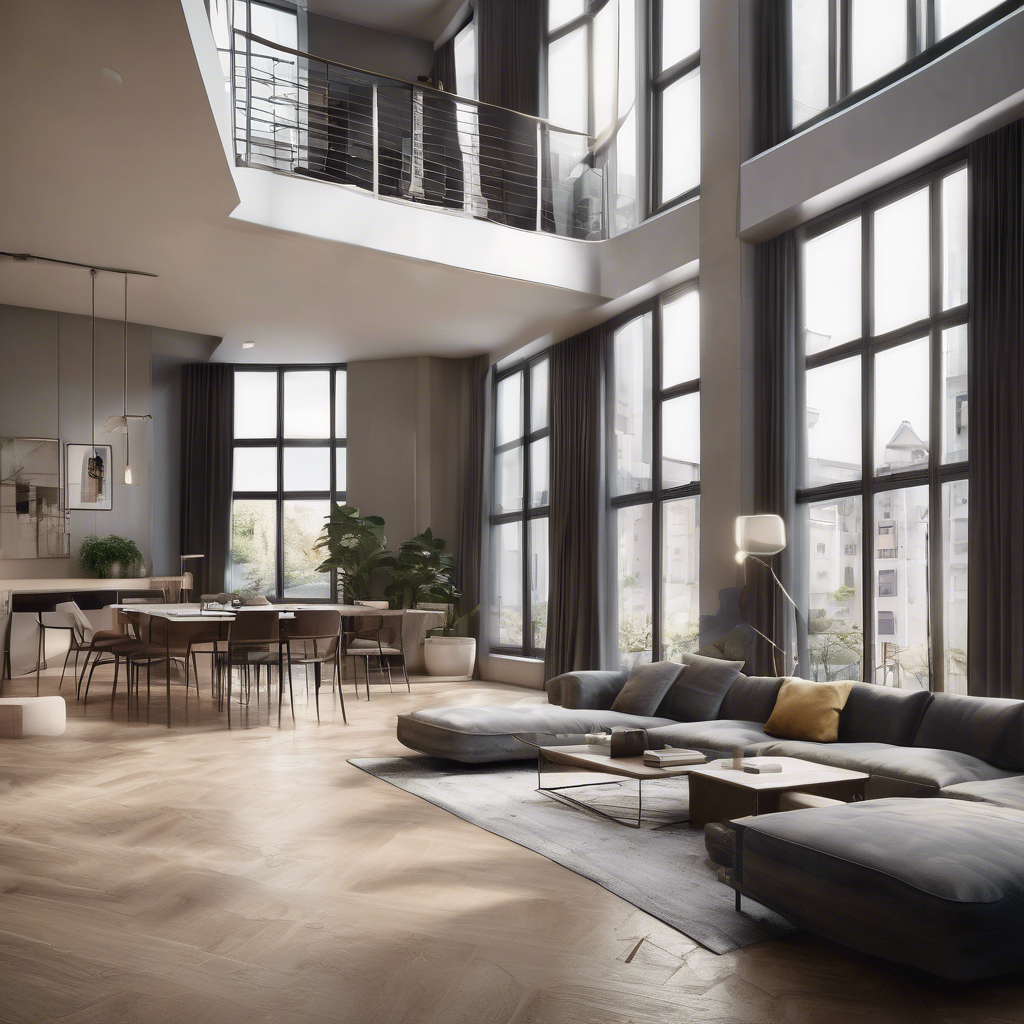
In the ever-changing landscape of today’s digital economy, unique intersections are emerging between lifestyles, professions, and industries that were once worlds apart. One such intriguing convergence occurs between digital content creators, notably OnlyFans models, and the booming short-term rental market represented by platforms like Airbnb. Many creators seek out Airbnb properties not just for lodging but for their privacy and aesthetic charm, which serve as perfect backdrops for producing high-quality digital content. This innovative use of rental spaces reflects the adaptability and resourcefulness of creators who are constantly striving to elevate the visual appeal and uniqueness of their offerings. Yet, as with any emerging trend, it brings to light complex challenges, as demonstrated by a recent incident involving an OnlyFans creator and an Airbnb host, sparking an important dialogue about mutual respect, property value, and creative freedom.
The story unfolded when an OnlyFans model rented an Airbnb property to produce content, capitalizing on the rental’s ambiance and privacy. However, the host later expressed concerns, accusing the model of diminishing the property’s market value. The host feared that the perception of their home being used for adult content production might detract from its appeal to future guests, potentially affecting bookings and investment returns. This reveals the delicate balance hosts must maintain between welcoming guests and safeguarding the reputation and integrity of their properties. Short-term landlords often invest considerably in making their spaces comfortable, stylish, and desirable, and any association with adult content might unintentionally skew public perception. While Airbnb has connected travelers and homeowners globally, this novel clash underscores the evolving responsibilities and expectations on both sides of the rental experience.
From the perspective of content creators, finding a safe, private environment is paramount. Many OnlyFans models, who balance creative freedom with a need for discretion, turn to short-term rentals as a practical solution. Unlike standard rentals or their own residences, these spaces afford a controlled setting, often with professional décor and lighting that can enhance the production quality of their work. Privacy is not just a preference but a necessity for creators operating in this digital age, where overexposure can have real-world consequences. The increasing professionalization of platforms like OnlyFans means that a suitable environment contributes directly to content quality and audience engagement. However, creators may sometimes unintentionally overlook the intricacies of rental agreements or the sensitivities of hosts, pointing to the importance of transparent communication upfront to clarify expectations on both sides.
Legal experts highlight that, in the absence of explicit restrictions within rental contracts or prevailing local laws, renters generally have the right to utilize properties as intended, provided no physical damage occurs. This brings to light the legal gray area in which many of these encounters reside. As digital content creation becomes a more mainstream profession, the rental market faces a new wave of clients whose usage demands differ fundamentally from traditional travelers. Consequently, there is a growing call for well-crafted policies by hosting platforms and hosts alike to address these shifting needs. Incorporating clear, mutually agreed-upon house rules, including acceptable uses of the property, could benefit all parties. Moreover, the dialogue should extend beyond legalities to include cultural sensitivities, particularly concerning adult content creation, which remains stigmatized in many societies. By fostering respect and understanding, hosts and creators may forge partnerships that respect both artistic freedom and property stewardship.
The incident serves as more than just a cautionary tale; it opens the door to a broader conversation about the shared economy's future. As digital content creation continues to expand, integrating it harmoniously with traditional service industries requires thoughtful collaboration. Seeking common ground through open communication, education, and policy innovation can ensure that property owners feel secure while creators find the supportive environments they need to thrive. Platforms like Airbnb may consider developing specialized listings or guidelines catering specifically to creators, potentially branding them as “creator-friendly” rentals. Such advances would reflect an adaptive digital economy that embraces emerging professions without compromising established business interests. Ultimately, the goal is to build a productive ecosystem where creativity and commerce coexist, breaking down stigmas and setting precedents for mutual respect and openness in a digitally integrated world.
#OnlyFans #Airbnb #DigitalEconomy #ContentCreation #SharedEconomy #PropertyRental #CreativeSpaces
Leave a Reply